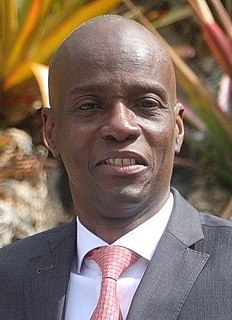A Quote by Oriana Fallaci
There are moments in Life when keeping silent becomes a fault, and speaking an obligation. A civic duty, a moral challenge, a categorical imperative from which we cannot escape.
Related Quotes
The writer’s job is to write with rigor, with commitment, to defend what they believe with all the talent they have. I think that’s part of the moral obligation of a writer, which cannot be only purely artistic. I think a writer has some kind of responsibility at least to participate in the civic debate. I think literature is impoverished, if it becomes cut from the main agenda of people, of society, of life.
I regard the state of which I am a citizen as a public utility, like the organization that supplies me with water, gas, and electricity. I feel that it is my civic duty to pay my taxes as well as my other bills, and that it is my moral duty to make an honest declaration of my income to the income tax authorities. But I do not feel that I and my fellow citizens have a religious duty to sacrifice our lives in war on behalf of our own state, and, a fortiori, I do not feel that we have an obligation or a right to kill and maim citizens of other states or to devastate their land.
We are humanity, Kant says. Humanity needs us because we are it. Kant believes in duty and considers remaining alive a primary human duty. For him one is not permitted to “renounce his personality,” and while he states living as a duty, it also conveys a kind of freedom: we are not burdened with the obligation of judging whether our personality is worth maintaining, whether our life is worth living. Because living it is a duty, we are performing a good moral act just by persevering.

































